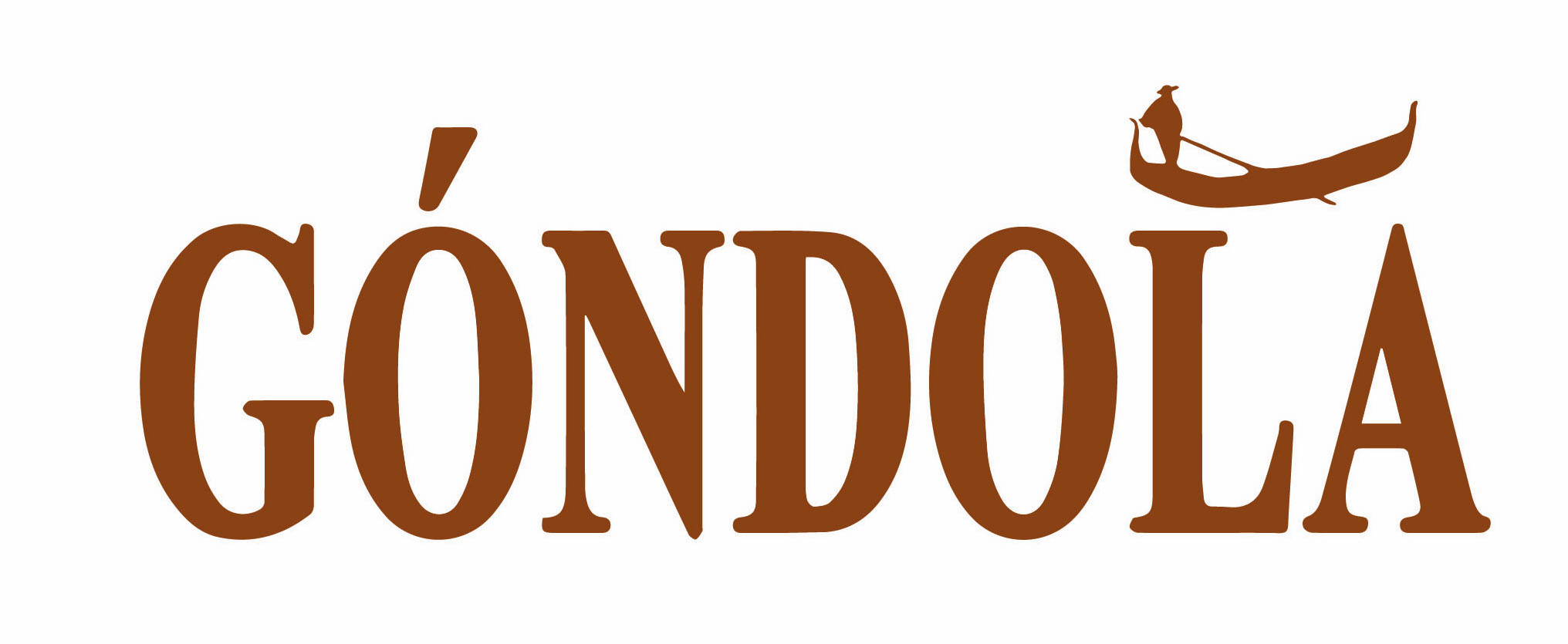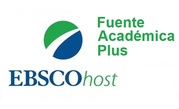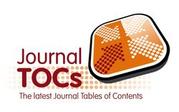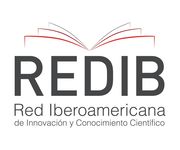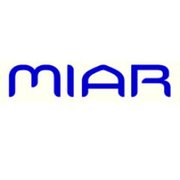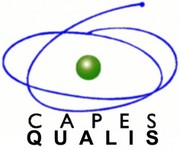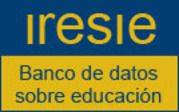DOI:
https://doi.org/10.14483/23464712.5302Published:
2007-01-01La importancia del uso de ejemplos hipotético-deductivos en la enseñanza de las ciencias
Importance of the use of hypothetical-deductive examples in science teaching
Keywords:
Hypothetical deductive examples, science education. (en).Keywords:
Ejemplos hipotético deductivos, enseñanza de ciencias. (es).Downloads
Abstract (es)
Esta es una experiencia de aula basada en el método hipotético-deductivo es una herramienta que puede usar el estudiante para describir un fenómeno físico desde su percepción. Los estudiantes deben generar una hipótesis de una situación que no sea cercana a su realidad, lo que llamamos “planteamiento del problema”, el cual explica a través de la formulación una serie de premisas con las que deriva conclusiones. A partir de allí es posible evidenciar sus preconceptos y el conocimiento que consolida en el curso de física. En éste sentido, con la implementación de éste método, el alumno logra generar inferencias que son de gran importancia para su formación en Física y ciencias, lo que le permite tener una visión crítica y un mayor entendimiento de los fenómenos a en estudio.
Abstract (en)
This is a classroom experience based on the hypothetical-deductive method as a tool to the student in order to allow them to use in descriptions of physics phenomenon from his perception. Students must to generate a hypothesis of a situation that is not close to his reality, what we call "approach of the problem ", which explains through the formulation a series of premises with which conclusions are drawn. From there it is possible to evidence their preconceptions and the knowledge that consolidates in a physics course. In this sense, with the implementation of this method, student manages to generate inferences that are of great importance for his education in physics and sciences, which allows them to have a critical vision and a greater understanding of the phenomena under study.
References
Dion Carlos M. Curso de Lógica, editorial Mc Graw Hill, México 1990, Páginas {114, 97, 108}.
Botache Néstor Raúl, Forero Linda Stephanie, Una Propuesta Didáctica para la Enseñanza de la Física Conceptual, resumen EH-6, en: XXII Congreso Nacional de Física, Octubre 22 al 26. Universidad del Tolima, Ibagué-Tolima.
DE ZUBIRÍA SAMPER JULIÁN y colaboradores Instituto Alberto Merani, ¿Cómo formar el talento científico?, Editorial Imprenta Departamental del Cauca, Abril 2006.
How to Cite
APA
ACM
ACS
ABNT
Chicago
Harvard
IEEE
MLA
Turabian
Vancouver
Download Citation
License
Gondola, Ens Aprend Cienc. is an open-access publication, free of charge for authors and readers. The publication, consultation or download of the contents of the magazine does not generate any cost for the authors or the readers, since the Francisco José de Caldas District University assumes the expenses related to edition, management and publication. The peer evaluators do not receive any economic retribution for their valuable contribution. The work of all the actors mentioned above is understood as a contribution to the strengthening and growth of the research community in the field of Science Education.
As of December 1, 2018 the contents of the journal are published under the terms of the Creative Commons License Attribution-Noncommercial- ShareAlike 4.0 International (CC-BY-NC-SA 4.0), under which others may distribute, remix, retouch, and create from the work in a non-commercial way, give credit and license their new creations under the same conditions.
The copyright holders are the authors and the journal Gondola, Ens Aprend Cienc. The holders retain all rights without restrictions, respecting the terms of the license in terms of consultation, downloading and distribution of the material.
When the work or any of its elements is in the public domain according to the applicable law in force, this situation will not be affected by the license.
Likewise, we encourage authors to deposit their contributions in other institutional and thematic repositories, with the certainty that culture and knowledge is a good of all and for all.



